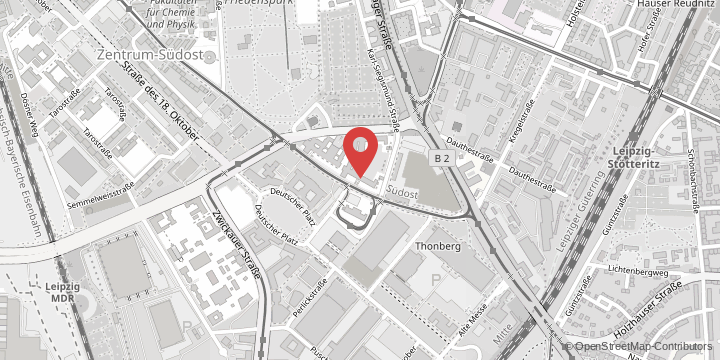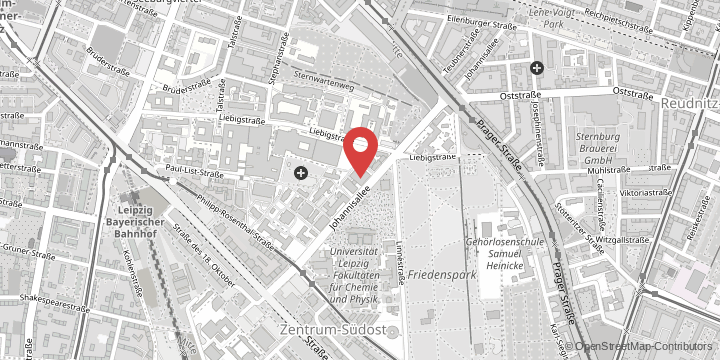“The results of these trials are very important for cancer research. They show that patients with advanced gastric cancer treated with zolbetuximab live longer. The progression of the disease is delayed. This is an important step forward for patients suffering from this serious and often fatal cancer,” says Professor Florian Lordick, Director of the University Cancer Center Leipzig. The experienced oncologist was involved in the international design of the recently published trials and ensured that German patients were able to participate.
“We were able to offer the drug zolbetuximab early on in clinical trials at the University of Leipzig Medical Center. We treated many patients with advanced gastric cancer and reported positive results. We are now delighted that a targeted therapy with zolbetuximab has been approved by the European Medicines Agency following large phase III trials,” says Professor Lordick.
In the two trials, a total of 1072 patients worldwide were treated with zolbetuximab or a placebo. The results show that people with advanced gastric cancer who received zolbetuximab plus chemotherapy survived longer than those who received chemotherapy alone. In this research, treatment with zolbetuximab and chemotherapy significantly reduced the risk of disease progression and death by 29 per cent.
All participants in the trials had gastric cancer with increased expression of the protein claudin 18.2. Zolbetuximab is an antibody that specifically targets the claudin 18.2. Around one in three patients have high levels of claudin 18.2 in their gastric cancer, but it is rarely found in healthy tissue outside the stomach, making it an attractive tumor-specific treatment target.
The compound zolbetuximab was developed in Germany more than a decade ago and has since been extensively investigated through all stages of testing right up to clinical use in patients. It is given as an intravenous infusion to people with advanced gastric cancer in combination with chemotherapy. It then travels through the bloodstream to the tumour cells that express claudin 18.2, where it binds to them and triggers an immune response that helps kill the tumour cells.
More Information: Cancer research is an important focus of Leipzig University’s Faculty of Medicine and the University of Leipzig Medical Center. In 2022, Leipzig and Jena received funding from German Cancer Aid for the Cancer Center Central Germany (CCCG), a merger of the region’s two major oncology centres. The goal is to provide the best possible cancer care for patients in the region and to do so by rapidly transferring current, innovative research findings into clinical practice.
Original publication in The New England Journal of Medicine:
“Zolbetuximab in Gastric or Gastroesophageal Junction Adenocarcinoma.” DOI: 10.1056/NEJMc2409512
































































